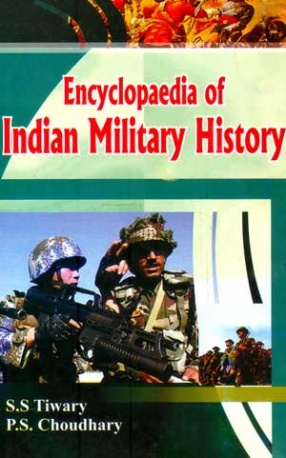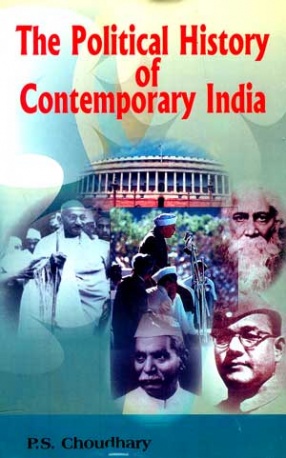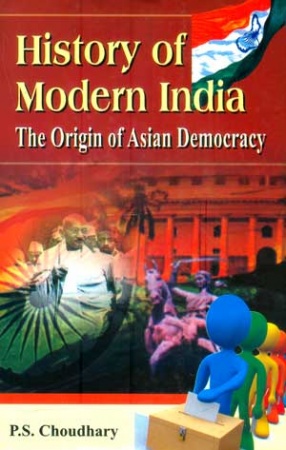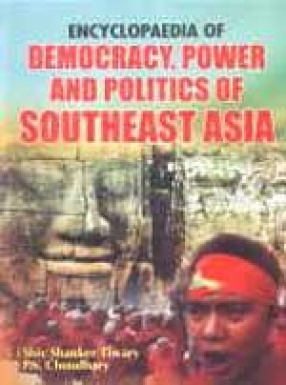
Showing all 4 books

The military history of India dates back several millennia. The first reference of armies is found in the Vedas. The Rigvedic tribes of Indo-Aryans were led by their tribal chieftain (raja) and engaged in wars with each other as well as other tribes. The Army of India was raised under the British Raj in the 19th century by taking the erstwhile presidency armies, merging them and bringing them under the Crown.The Indian Army is the world’s second largest ...

The chronological history of India dates back to about 34,000 years ago, when the first traces of human existence on the Indian subcontinent were found. Since then, it has hosted some of the greatest civilizations that have significantly shaped up human history. A chronological history of India spans the modern day geographical landscapes of countries like India, Pakistan, Bangladesh, Sri Lanka, Nepal and Bhutan.Politics of India take place in a framework of a ...

Democracy, which derives from the Greek word “demos,” or “People,” is defined, basically, as government in which the supreme power is vested in the people. In some forms, democracy can be exercised directly by the people; in large societies, it is by the people through their elected agents. Democracy is a political system in which all the members of the society have an equal share of formal political power.Asia has the promise of democracy ...

In modern times almost all the countries of Southeast Asia have shared the common status of colonial or dependent territories, and during this period the region has been exposed more than ever before to the influences of the outside world, a world that was itself changing rapidly. In the Southeast Asian colonies the European powers, though without a common policy and without co-ordination, have had to attempt to solve common problems of political administration ...
